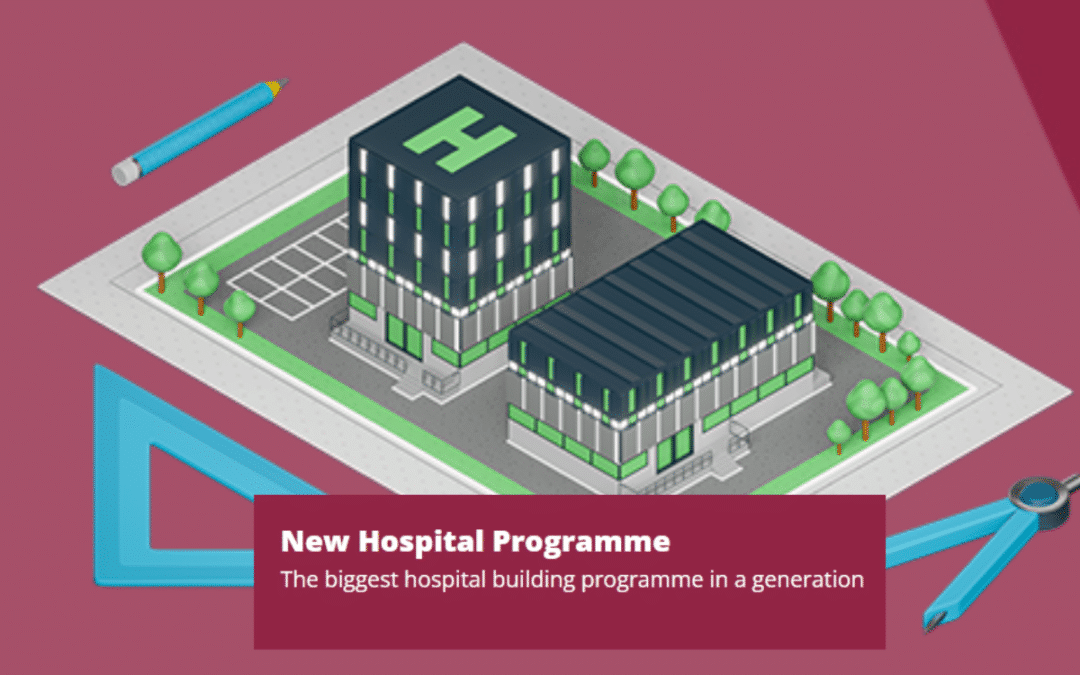Construction Product Availability: 21 December 2022
Statement from John Newcomb, CEO of the Builders Merchants Federation and Peter Caplehorn, CEO of the Construction Products Association, co-chairs of the Construction Leadership Council’s Product Availability working group.
Overall product availability is good and returning to pre-Covid levels, while some bricks, blocks, plasterboard and roofing products are occasionally still subject to disruption or allocation. Despite this, lead times for these products are now far lower than earlier in the year.
The availability of gas boilers and other products containing semi-conductors and electrical components remains the most problematic in terms of supply, as sub-component manufacturers operating in a highly competitive global market continue to experience restricted supply. In addition, the electro-technical sector has highlighted a new area of concern regarding the supply of solar and environmental products, with difficulty identifying those coming from Chinese manufacturers with the proper accreditation. This is a growing product area with increasing demand, so the UK construction industry is challenged to ensure such products are of the proper standard and quality.
Timber availability is good with further reductions in prices due to the large amount of stock already in the UK and reduced shipping costs. The one issue for timber centres on birch plywood which, due to sanctions, cannot be legally sourced from Russia. With limited supplies available from Latvia and Finland, we advise speaking to plywood suppliers regarding alternatives.
Shipping lead times from the Far East are improving, though China is now experiencing rising Covid rates following the relaxation of their lockdown regulations which may lead to more bottlenecks. However, with a surplus of containers in China and container rates generally down by 80% from their peak, this is a great improvement.
Price inflation for products has slightly moderated across the board this month, but looking ahead, rising energy and wage costs are expected to put significant upward pressure on prices in the New Year. In particular, manufacturers of energy-intensive products (such as bricks, cement, glass, insulation and plasterboard) warn that although many have been able to hedge energy costs through Q1 of 2023, energy prices in Q2 and Q3 are expected to be considerably above historical (pre-Ukraine war) levels without further Government support. Several plaster, plasterboard and insulation manufacturers have notified there will be double-digit inflationary increases in the New Year.
Against this, a gradual slowing of demand for construction products across most sub-sectors over the last three months of 2022 has helped ease the pressures on product supply. Most industry forecasts project further declines in demand in 2023 although some sub-sectors will fare better than others. With less strain on the supply chain, general product availability should have an opportunity to recover further.
For all the work FIS is doing around inflation and availability, including recommended contractual terms click here






